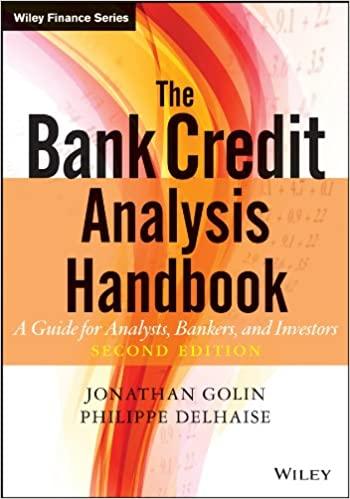Question
2. A 500 MW power plant has a total installed cost of $5 billion. It produces 4 million MWh of electric energy per year with
2. A 500 MW power plant has a total installed cost of $5 billion. It produces 4 million MWh of electric energy per year with a marginal cost of $25 per MWh. It faces an enervy market price of $35 per MWh for the entire life of the plant. Assume that the life of the plant is 20 years and the annual discount rate is 10%. If the only service that the plant provides is to the energy market, will the plant be profitable? If not, calculate the capacity payment (in units of $ per MW per year) that the plant would need to break even. (Hint: Calculate the ARR for the power plant, and calculate whether the plant's energy payments each year would meet the ARR.) 3. This question is based on the VRR curve in Figure 9.5. Assume that the Gross CONE is $150 per kW/day and thus the Net CONE is $100 per kW/day. The following offers are submitted to the capacity market: Generator A: 2% of target IRM at $50 per kW/day Generator B: 1% of target IRM at $80 per kW/day Generator C: 3% of target IRM at $90 per kW/day Generator D: 3% of target IRM at $150 per kW/day Calculate the clearing price of capacity for this market. It may be helpful to draw a picture. 4. The Kleit and Michaels reading describes how the "Peaker Net Margin" (which is what the Texas market calls the Net CONE) is calculated without considering ancillary services revenues. A typical power plant in a modern electricity market earns twice as much revenue from energy sales as ancillary services sales. Suppose that our power plant from Question 2 could earn $20 per MWh from ancillary services, so that its total annual revenues would be $55 per MWh for each MWh produced. Would this eliminate the need for a capacity payment?
3. This question is based on the VRR curve in Figure 9.5. Assume that the Gross CONE is $150 per kW/day and thus the Net CONE is $100 per kW/day. The following offers are submitted to the capacity market: Generator A: 2% of target IRM at $50 per kW/day Generator B: 1% of target IRM at $80 per kW/day Generator C: 3% of target IRM at $90 per kW/day Generator D: 3% of target IRM at $150 per kW/day Calculate the clearing price of capacity for this market. It may be helpful to draw a picture.
4. The Kleit and Michaels reading describes how the "Peaker Net Margin" (which is what the Texas market calls the Net CONE) is calculated without considering ancillary services revenues. A typical power plant in a modern electricity market earns twice as much revenue from energy sales as ancillary services sales. Suppose that our power plant from Question 2 could earn $20 per MWh from ancillary services, so that its total annual revenues would be $55 per MWh for each MWh produced. Would this eliminate the need for a capacity payment?
Step by Step Solution
There are 3 Steps involved in it
Step: 1

Get Instant Access to Expert-Tailored Solutions
See step-by-step solutions with expert insights and AI powered tools for academic success
Step: 2

Step: 3

Ace Your Homework with AI
Get the answers you need in no time with our AI-driven, step-by-step assistance
Get Started


